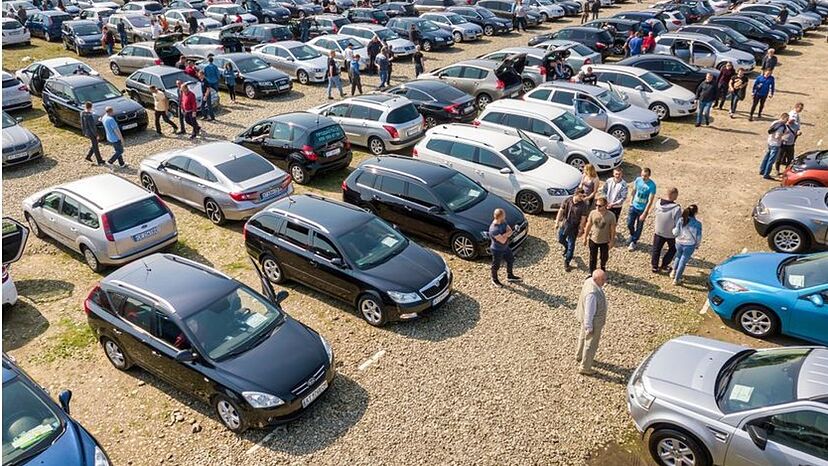Why is the Second-Hand Car Market in Spain So Expensive?
Friday, October 17, 2025 @ 9:05 PM
As an expat in Spain, you've probably noticed it: the price tag on used cars seems surprisingly high, often more so than in your home country or other major European markets like Germany. You're not imagining things. The Spanish second-hand car market operates under a unique set of circumstances that drives prices up.
Here is a breakdown of the key factors causing those elevated prices:

1. High Demand Meets Low Supply of Young Cars
The primary reason for high prices is a classic supply and demand imbalance, specifically for desirable, newer used vehicles.
-
Longer Car Ownership Culture: Spaniards traditionally hold onto their cars for a very long time. Unlike in countries with a strong "change every three years" culture, it’s common for cars to be kept until they are 10, 15, or even 20 years old. This means the supply of well-maintained, low-mileage vehicles between 3 and 7 years old is severely restricted, pushing the prices of these few models sky-high.
-
Less Leasing (Renting) Culture: In many European countries, corporate and private leasing is a major source of young, well-serviced used cars. In Spain, this leasing culture is less prevalent, which further limits the consistent, high-quality supply that enters the secondary market.
-
High Cost of New Cars: New cars are expensive in Spain, which pushes a large segment of the population, including young families and budget-conscious buyers, to exclusively target the used car market. This massive demand from local buyers keeps prices competitive and prevents them from dropping.
2. High Transaction Costs and Taxes
The financial transaction of buying a used car comes with significant additional costs that contribute to the final price.
-
Transfer Tax (Impuesto de Transmisiones Patrimoniales): When you buy a used car from a private individual (the most common source), you have to pay a regional transfer tax. This tax is typically 4% to 8% of the car's official value and can be a substantial hidden cost compared to buying a used car in some other countries.
-
Retention of Value: Because of the tight supply, cars in Spain tend to depreciate slower than in other large markets. This higher residual value means sellers (and dealers) can demand a better price for older vehicles.
3. Importing is Not a Cheap Alternative
You might consider importing a cheaper car from another EU country, such as Germany, but this rarely offers the significant savings you might hope for.
-
Bureaucracy and Fees: Importing a car to Spain involves a complex process called matriculación (re-registration). This includes fees for technical inspections (ITV), homologation, administrative processes, and, crucially, a Registration Tax (IEDMT) based on the vehicle's CO2 emissions. These fees can easily add several thousand euros to the final price, wiping out any initial savings.
4. Market Quality and Dealer Pricing
While you pay a high price, the quality of the average Spanish used car is often disappointing, which can be frustrating for expats.
-
Older Fleet: A large percentage of the used vehicles for sale are over 10 years old and have high mileage.
-
Dealer Markups: Used car dealers often purchase older, cheaper vehicles, polish them up, and then apply substantial markups to capture the high demand, making the price-to-quality ratio unfavourable.
In short, the Spanish used car market is a seller's market, characterised by low supply of young vehicles and high structural demand, making it an expensive place to acquire a second-hand car.